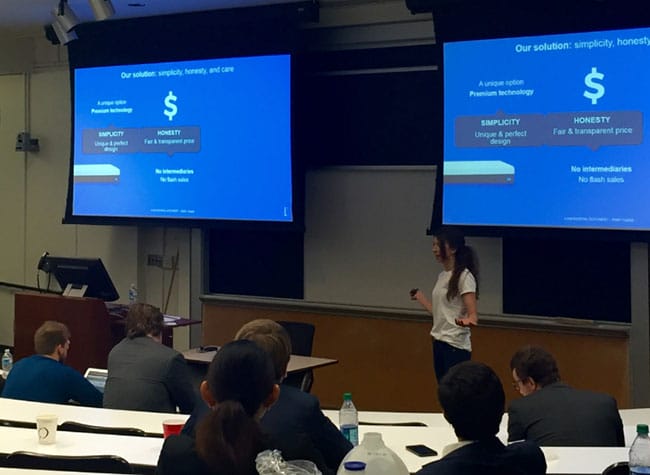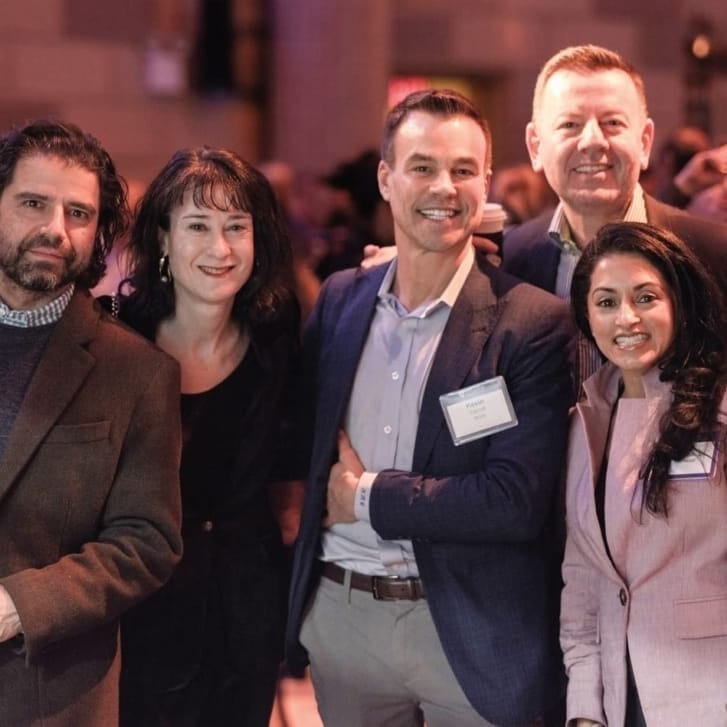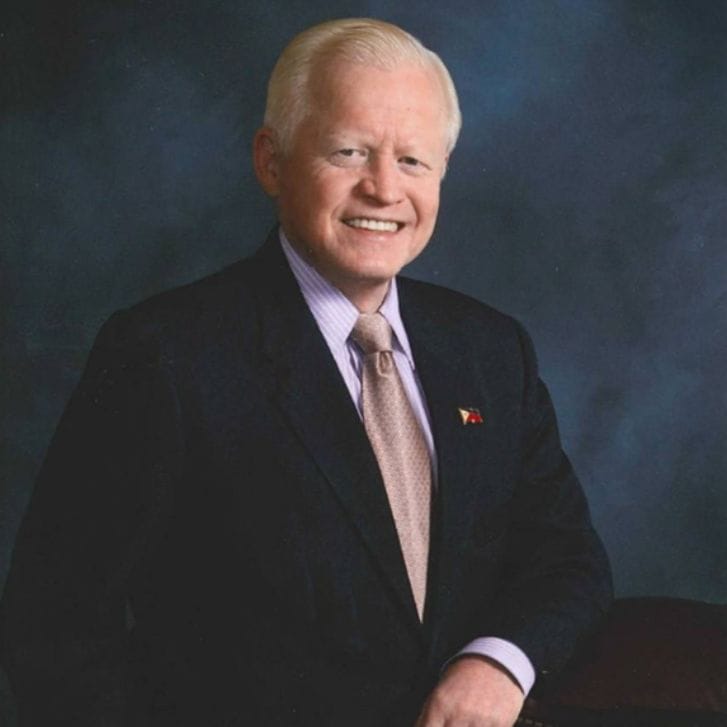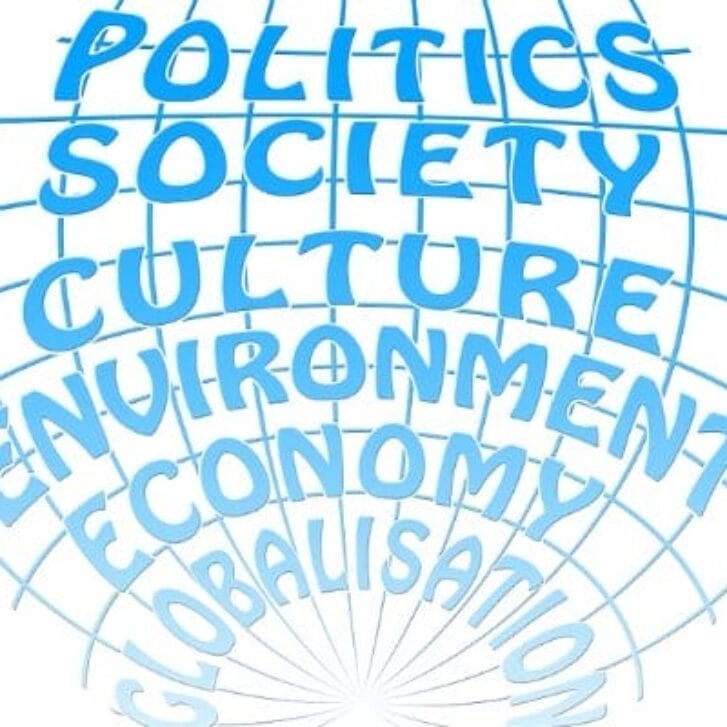“How good it is to be in Philadelphia, among uplifting, intrepid entrepreneurs who are working to improve the outcomes in their region of Latin America?” I thought.
Over 250 students and 30 speakers gathered in Huntsman Hall and Steinberg Dietrich Hall on Wharton’s Philadelphia campus, Nov. 13-15, 2015, for the Wharton Latin American Weekend 2015. The students convened from over 35 schools, and the speakers were practitioners and professors working throughout Latin America in technology, venture capital, private equity and entrepreneurship.
A team from the Wharton Latin American Student Association meticulously planned and ran the conference. Panels and competitions were held on schedule, on point, with clear purpose. I love when that happens. Second-year MBA students David Sardi and Onyi Odueze were the co-chairs of the professionally managed conference, while their classmates ran the StartUp Competition (Alfredo Terrero), the Private Equity Competition (Andrés Rojas-Ruiz) and conference operations (Lauren Castillo).
Two points became clear about the conference theme, “Winning in Latin America: Capturing Opportunities of the Moment”:
1) There are big challenges to face in Latin America.
2) The gathered students and practitioners understand those challenges and are working to address them.
Ash Kirvan, a panelist for the Venture Capital session, is a partner at Polymath Ventures in Colombia. He shared the firm’s approach to launching high-growth ventures in Latin America, where, he says, it will take two generations to develop a entrepreneurship “macrocosm” in the likes of what you see in Silicon Valley or New York. Kirvan’s company’s work-around is to develop its own microcosms. Polymath identifies major focuses, such as transportation, working women or leisure, and then follows an intensive analytical process that has allowed Polymath to launch five businesses to date. First, Polymath investors lead with a “human-centered design approach.” They interview many people in a sector to understand what is going on in people’s lives and distill the information into “proprietary insights.” Part two is their creative phase and involves solving peoples’ problems by distilling those down to about 15 concepts, applying analytical and investment rigor to those 15 concepts, and designing products and outlining their capital requirements. Third, Polymath finds the management team to execute bringing those products to market. Interestingly, Kirvan explained that when hiring an MBA, “pedigree is a poor predictor of talent and drive–better is to see what people have achieved.”
Serge Elkiner, a panelist for the Entrepreneurship Panel, is co-founder and CEO of YellowPepper, which provides mobile-banking solutions across Latin America. A student asked how his firm dealt with the region’s political challenges. Elkiner told a story of when he initially orchestrated an investment of millions of dollars into one of YellowPepper’s first offerings, a white-label, mobile banking solution. The idea was welcomed by the market, only to have a presidential decree block its going-to-market. Despite large financial losses, he convinced his board to stay the course, and the company has since prospered.
The conference offered much-needed inspiration. We heard the keynote speaker, the former president of Colombia, César Augusto Gaviria Trujillo, share his perspective on the region and recall his country’s response to aggressive drug lords through the 1980s and 1990s. He was the president who was to board Aviana Flight 203, which was blown up. A student asked Gaviria how he was able to continue after his predecessor was assassinated. He explained that it wasn’t just the president who was in danger. Hundreds of policemen and judges in Medellin were killed, and prominent people were routinely kidnapped. He simply said that he “decided to fight.” In 1991, he oversaw the writing of Colombia’s new and current constitution.

A presentation during the Startup Competition at the Wharton Latin America Weekend 2015
I asked Sardi, Terrero and Castillo, the conference managers and organizers, why they invested so much of themselves to design and direct the Wharton Latin American Weekend. How did they view the outcomes?
“I believe this is the best opportunity for us to show what Latin America has to offer those students who want to become business leaders and entrepreneurs in the region,” said Terrero.
“Our Wharton Latin America Weekend is so important because it brings together students and business leaders from across the region to engage in discussions of what it means to do business in Latin America today,” said Castillo. “It provides a great opportunity for the community to discuss the future Latin America, be it in the field of entrepreneurship, private equity or social impact. It’s amazing to be a part of that.”
Sardi added: “It’s critical that the young Latin American leaders of today return to the region to help it fulfill its vast potential. …. I hope that students came away from this weekend feeling inspired to return and make an impact on the region—I know I did.”


























